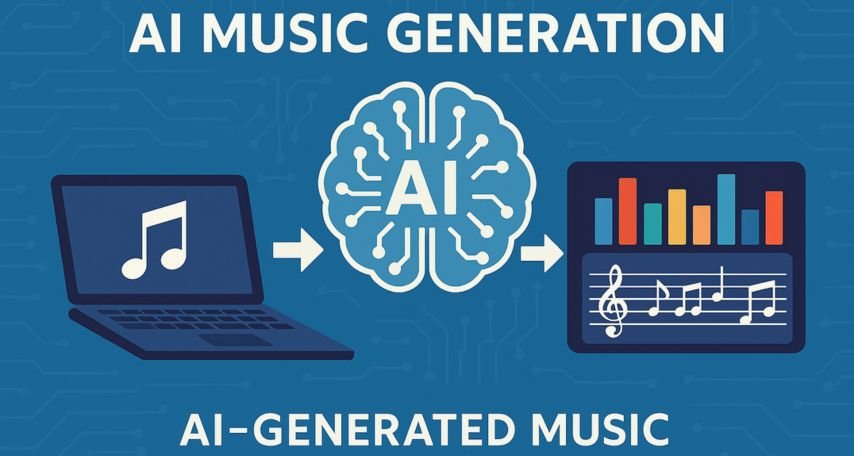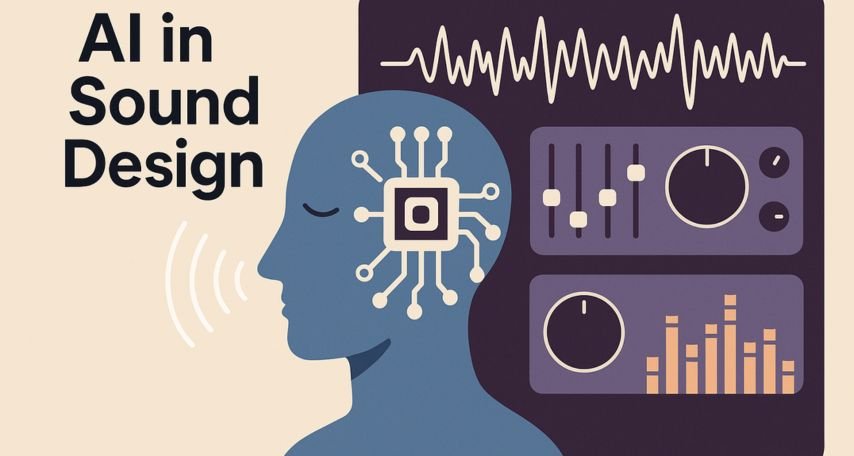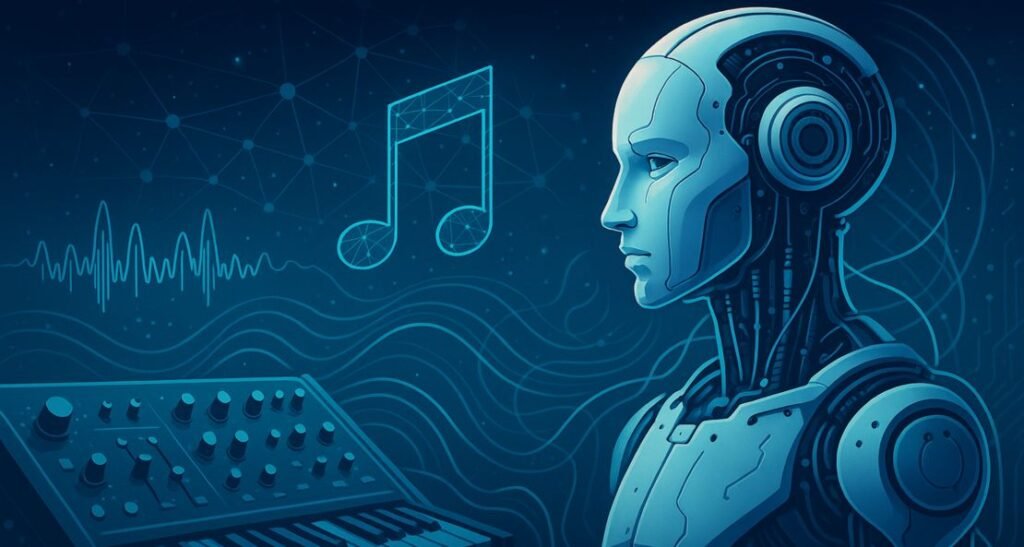Artificial intelligence is reshaping the landscape of electronic music in ways once thought impossible.
From AI-generated compositions to algorithmic sound design, machine learning is not just assisting producers but also challenging the very notion of human creativity.
As the technology continues to evolve, it raises questions about originality, authorship, and the future of music production.
AI has already made significant strides in the electronic music scene, with programs capable of analysing vast amounts of musical data and generating unique compositions.

Tools like OpenAI’s Jukebox and Google’s Magenta are trained to recognise patterns in music, allowing them to create tracks that mimic human-produced beats, melodies, and harmonies.
This innovation is particularly useful for producers looking to break creative blocks or experiment with novel sounds.
Rather than replacing human artists, AI serves as an inventive collaborator, offering unexpected musical ideas that can push electronic genres in new directions.
One of the most intriguing applications of AI in music is its role in sound design. Traditional electronic music production relies on synthesisers and samples to create unique sonic textures.

Now, AI-driven platforms can craft entirely new sounds by deconstructing audio waves and reconstructing them in innovative ways.
This is evident in software like AIVA, which generates compositions with an emotional depth that resonates with listeners.
These advancements suggest a future where artists have unprecedented access to tools that expand their creative horizons while still allowing for personal artistic expression.
AI is also transforming the listening experience itself. Streaming services and digital platforms increasingly use machine learning to curate personalised playlists based on individual preferences.
This extends beyond traditional music consumption and into interactive experiences, such as gaming. Online slot games, for instance, are now utilising AI-generated soundtracks to create a more personalised and immersive player experience.
These adaptive soundscapes dynamically shift based on gameplay, enhancing engagement and making every session feel unique.
Despite the excitement surrounding AI in music, there are valid concerns regarding authenticity and artistic integrity. If a track is composed largely of an algorithm, who truly owns the rights to it?
The legal and ethical implications of AI-generated music remain a grey area as copyright laws struggle to keep pace with technological advancements.
Additionally, there is apprehension about whether AI’s influence might lead to homogenised music, stripping away the raw emotion and unpredictability that define human artistry.
However, many artists see AI not as a threat but as a tool that enhances their craft.
Rather than replacing creativity, AI provides a fresh lens through which producers can explore uncharted musical territory.

Some musicians use AI to generate ideas and then manipulate those elements, ensuring that human intuition remains at the core of their work.
This synergy between human ingenuity and artificial intelligence suggests that the future of electronic music will be a blend of algorithmic precision and organic expression.
As AI continues to evolve, its role in electronic music will only grow more complex.
Whether it is helping producers find inspiration, shaping immersive gaming experiences, or redefining how we engage with sound, AI’s impact on music is undeniable.
The challenge now is finding the right balance between technological advancement and the human touch that makes music truly resonate.


